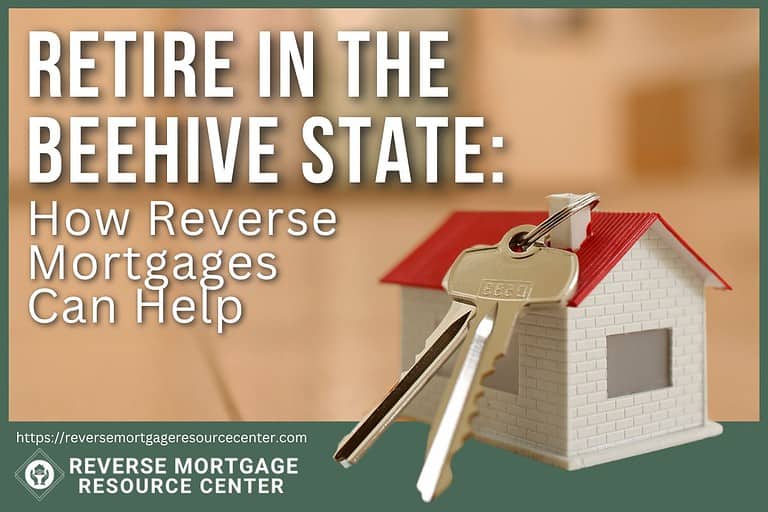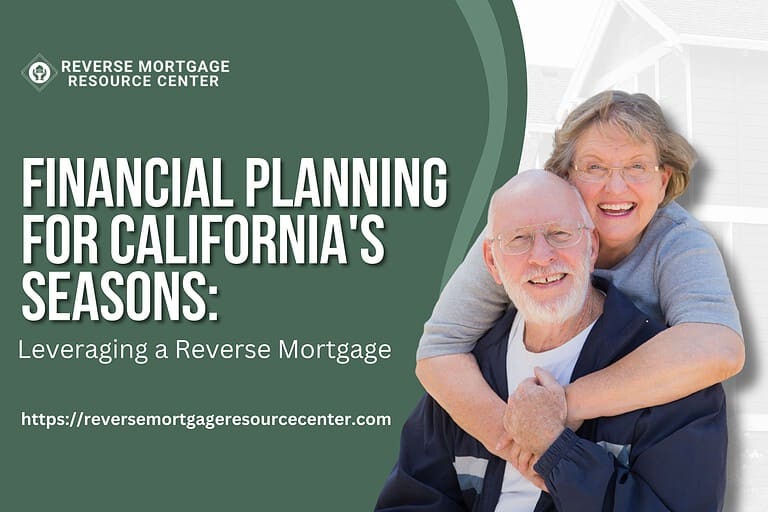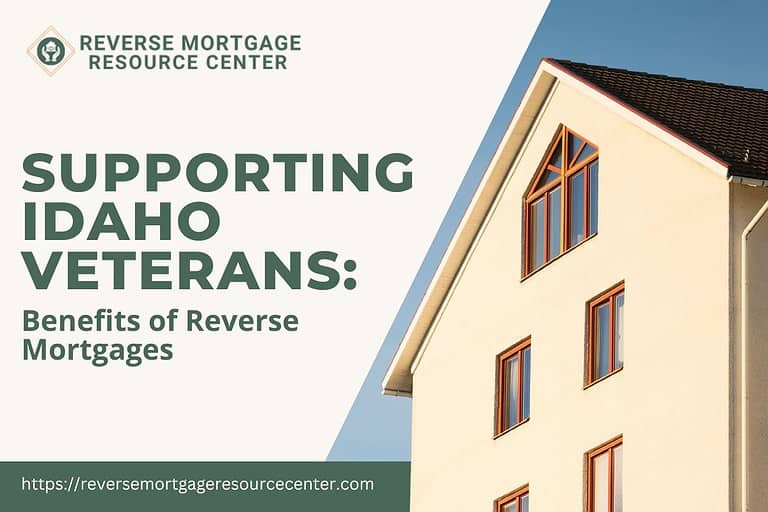Empowering Seniors Through Financial Education: A Roadmap for Success
Retirement should mark a period of relaxation and fulfillment, yet many seniors find themselves grappling with financial challenges that impact their well-being and decision-making. In a rapidly evolving financial landscape, empowering seniors through tailored financial education becomes crucial. This article outlines an extensive roadmap for developing effective financial education programs for seniors, emphasizing collaboration with community organizations and professionals, and measuring the impact on seniors’ well-being.
The Need for Tailored Financial Education for Seniors
Understanding the Unique Challenges
Retirement brings about a significant shift in income sources, with increased reliance on fixed pensions, savings, and Social Security. Seniors also often face health-related expenses, making it imperative for them to have a solid understanding of managing their finances. Tailoring financial education to address these specific challenges is essential to equip seniors with the tools they need for financial security in their retirement years.
Rising Importance of Digital Literacy
In an era dominated by technology, digital literacy is becoming increasingly crucial for financial management. Seniors need to be equipped with the skills to navigate online banking, investments, and budgeting tools. Addressing these aspects within financial education programs ensures seniors are not left behind in the digital financial landscape, allowing them to manage their finances confidently and securely.
Developing a Roadmap for Financial Education
Assessing Seniors’ Financial Knowledge and Needs
Before designing a financial education program, it’s essential to assess seniors’ current financial knowledge and identify their specific needs. Surveys, interviews, and focus groups can be employed to gather valuable insights that will shape the content and format of the educational initiatives. Understanding the baseline is crucial to tailoring programs effectively.
Tailoring Content for Relevance
Financial education programs should cover a broad spectrum of topics, including budgeting, investment strategies, healthcare costs, and estate planning. Tailoring the content to be easily digestible and relevant to seniors’ lives enhances engagement and ensures that the information is applicable to their unique circumstances. Practical, real-world examples can make the material more relatable and applicable to seniors’ financial situations.
Utilizing Multimodal Learning Approaches
Seniors have diverse learning preferences and abilities. Incorporating a mix of in-person workshops, webinars, written materials, and interactive online resources accommodates various learning styles and ensures that the financial education is accessible to all. Workshops can provide a hands-on approach, while online resources offer flexibility for self-paced learning, catering to the diverse needs of the senior demographic.
Collaborating with Community Organizations and Professionals
Tapping into Local Resources
Community organizations, such as senior centers, libraries, and local nonprofits, play a pivotal role in reaching seniors. Collaborating with these entities can provide access to established networks and spaces where seniors feel comfortable engaging with financial education programs. Utilizing existing community infrastructure fosters a sense of trust and familiarity, encouraging more seniors to participate.
Involving Financial Professionals
Engaging financial professionals, such as certified financial planners, investment advisors, and estate planning attorneys, can bring real-world expertise to educational initiatives. Workshops and seminars led by professionals offer seniors the opportunity to ask questions and receive personalized advice. This direct interaction can demystify complex financial concepts and provide practical guidance based on individual circumstances.
Building Partnerships with Educational Institutions
Partnering with local colleges or universities can bring academic rigor to financial education programs. Faculty members with expertise in finance can contribute to the development of content, ensuring accuracy and relevance. Additionally, involving students in outreach efforts creates a sense of intergenerational collaboration, where younger individuals can learn from seniors’ experiences while offering valuable support in the educational process.
Measuring the Impact of Financial Education Programs
Establishing Clear Metrics
To gauge the success of financial education programs, it’s essential to establish clear metrics. These may include improvements in financial literacy scores, increased confidence in making financial decisions, and positive changes in financial behaviors. Defining these metrics beforehand allows for a systematic evaluation of the program’s effectiveness.
Conducting Pre- and Post-Assessments
Before the commencement of the program and afterward, conduct assessments to measure changes in seniors’ financial knowledge and attitudes. Comparing pre- and post-assessment results provides valuable data on the program’s effectiveness. Continuous assessment ensures that adjustments can be made to meet evolving needs and challenges.
Soliciting Participant Feedback
Seniors’ feedback is invaluable in refining and improving financial education programs. Regular surveys and feedback sessions allow program organizers to understand what worked well and identify areas for enhancement. By incorporating the perspectives of participants, programs can be continually fine-tuned to address the specific needs and preferences of the senior audience.
Final Thoughts
In the face of financial challenges, a commitment to ongoing education and community support will undoubtedly contribute to the empowerment of seniors. Ensuring they navigate their retirement years with confidence and resilience requires a multifaceted approach that combines tailored content, collaboration with community organizations and professionals, and a systematic measurement of program impact. The goal is not just to impart information but to enable seniors to make informed decisions that positively impact their financial well-being.
REVERSE MORTGAGE RESOURCE CENTER ~LIVE LIFE ON YOUR TERMS~
Our Lending Team has been serving our clients since 2004. We are passionate about serving our clients with integrity to help them achieve their financial goals.







